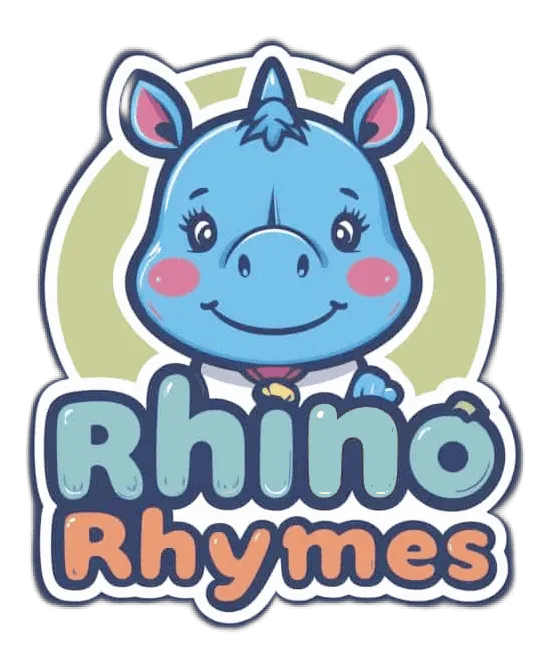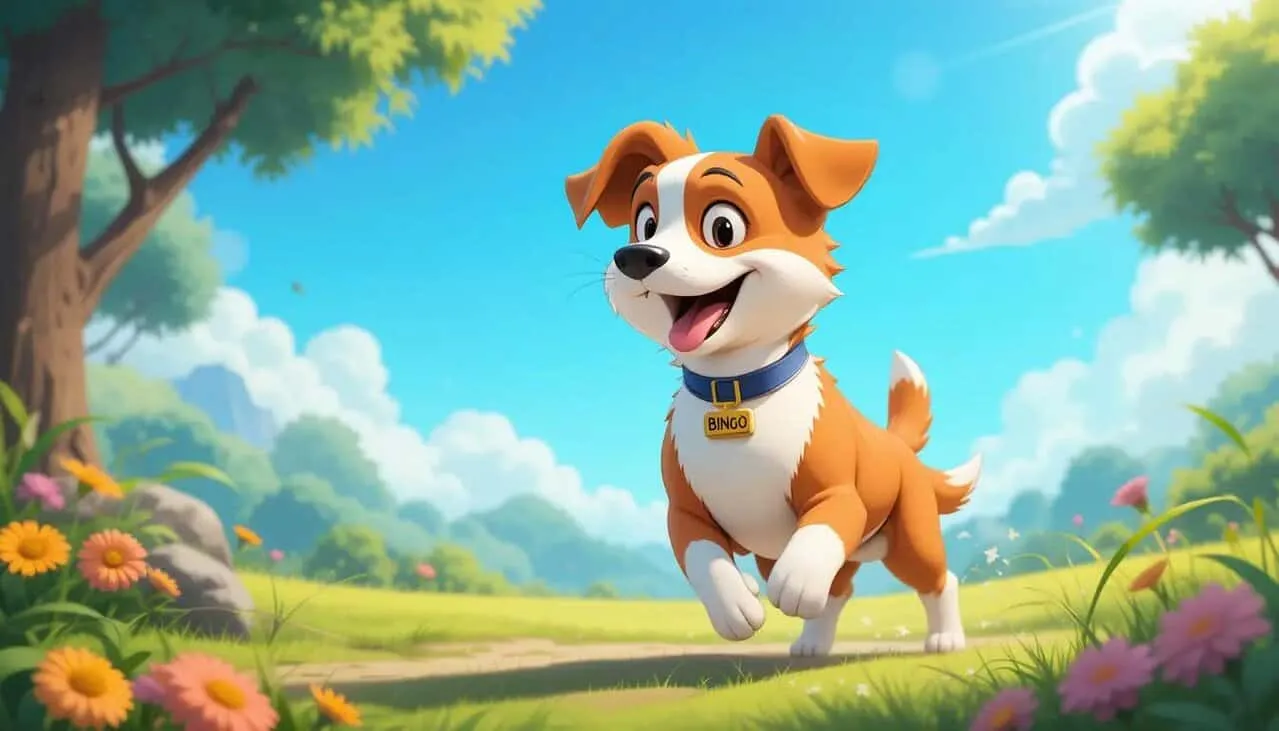The nursery rhyme “Bingo” has been a favorite among children and adults alike for centuries. Its catchy melody and engaging lyrics have made it a staple in many cultures, but where did this delightful song originate?
Let’s delve into the history and evolution of “Bingo” to uncover its fascinating story.
Origins of “Bingo”
The origins of “Bingo” are somewhat elusive, but it is believed to have originated in Scotland. The earliest recorded version of the song was published in 1780 in London under the title “The Farmer’s Dog Leapt o’er the Stile”. This early version is quite different from the modern one we know today, featuring lyrics that focus on the dog’s name and a farmer’s love for ale.
Evolution into a Nursery Rhyme
Over the decades, “Bingo” evolved from a drinking song into a popular nursery rhyme. The modern version, known as “Bingo Was His Name-O,” tells the story of a farmer who owns a dog named Bingo. The song is structured as a spelling game where children spell out the word “B-I-N-G-O” and replace each letter with a clap as the song progresses.
Here are the lyrics to the nursery rhyme “Bingo”:
There was a farmer had a dog,
And Bingo was his name-o.
B-I-N-G-O, B-I-N-G-O, B-I-N-G-O,
And Bingo was his name-o.
There was a farmer had a dog,
And Bingo was his name-o.
(clap)-I-N-G-O, (clap)-I-N-G-O, (clap)-I-N-G-O,
And Bingo was his name-o.
There was a farmer had a dog,
And Bingo was his name-o.
(clap)-(clap)-N-G-O, (clap)-(clap)-N-G-O, (clap)-(clap)-N-G-O,
And Bingo was his name-o.
There was a farmer had a dog,
And Bingo was his name-o.
(clap)-(clap)-(clap)-G-O, (clap)-(clap)-(clap)-G-O, (clap)-(clap)-(clap)-G-O,
And Bingo was his name-o.
There was a farmer had a dog,
And Bingo was his name-o.
(clap)-(clap)-(clap)-(clap)-O, (clap)-(clap)-(clap)-(clap)-O, (clap)-(clap)-(clap)-(clap)-O,
And Bingo was his name-o.
There was a farmer had a dog,
And Bingo was his name-o.
(clap)-(clap)-(clap)-(clap)-(clap), (clap)-(clap)-(clap)-(clap)-(clap), (clap)-(clap)-(clap)-(clap)-(clap),
And Bingo was his name-o.
In this version, each verse progresses by removing one letter from “B-I-N-G-O” as the song continues. If you would like to read about more beautiful songs, we have articles on twinkle, twinkle, little star and Bingo.
Variations and Adaptations
“Bingo” has seen numerous variations over the years. Some versions replace the farmer with a miller or a shepherd, while others change the dog’s name to “Bango” or “Pinto”. Additionally, different actions like stomping feet or snapping fingers can be incorporated to enhance the physical activity component of the song.
Educational Value
“Bingo” is not just a fun song; it also serves as a valuable educational tool. It helps children learn the word “Bingo” by spelling it out, and it introduces basic sight words like “had,” “a,” “there,” “was,” and “his”. The song’s interactive nature encourages children to participate actively, enhancing their language skills and coordination.
Cultural Impact
The impact of “Bingo” extends beyond its educational value. It has been recorded in various forms by folk singers and has been adapted into classical arrangements. The song’s enduring popularity is a testament to its ability to connect with audiences across generations.
“Bingo” is more than just a nursery rhyme; it’s a cultural phenomenon that has captured hearts worldwide. From its origins as a Scottish drinking song to its evolution into a beloved children’s tune, “Bingo” continues to delight and educate.
Its timeless appeal lies in its simplicity, interactivity, and the joy it brings to those who sing it. Whether you’re a child learning to spell or an adult reminiscing about childhood memories, “Bingo” remains a cherished part of our shared cultural heritage.

